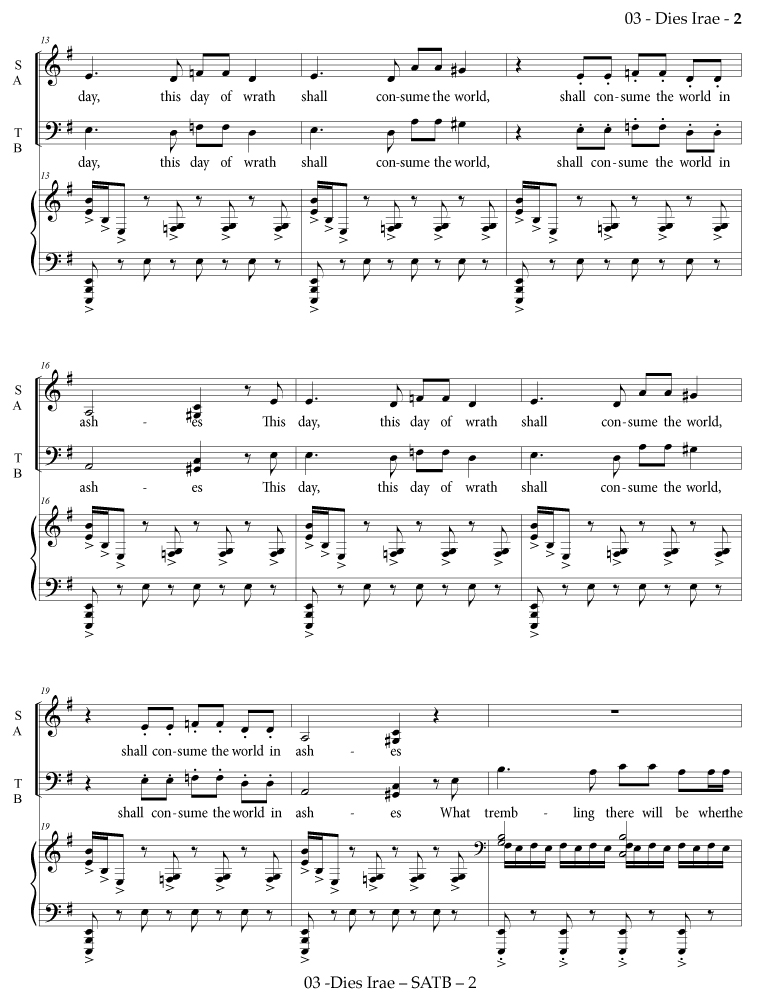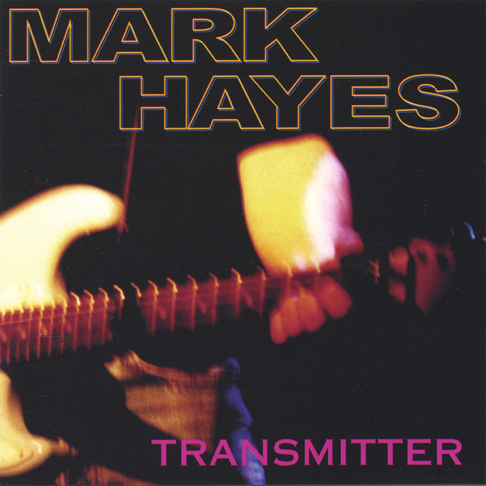

Having seen Verdi’s Libera me at Ricordi’s, he was moved to write the composer: “You, my dear maestro, have written the most beautiful, the most magnificent, the most colossally poetic page one can imagine. Enter a figure named Alberto Mazzucato – composer, critic, professor at the Milan Conservatory, and one of the members of the Rossini commemoration committee. Verdi’s Libera me lay quietly forgotten for several years while the composer involved himself with Aida and other matters. Nothing more was heard of it until over a century later, when its first performance in modern times was conducted in 1988 by Helmut Rilling in Stuttgart.

The music was collected and deposited in the archives of the publishing firm of Ricordi. But as the performance date approached, it became increasingly apparent that the orchestra and chorus of the Teatro Comunale were not going to offer their services gratis as everyone else involved had agreed to do, and the whole plan disintegrated. The city council approved the plan, the composers (important then but none of whom is even a faintly recognized name today) were assigned their parts, and soloists were booked. Why Bologna? Because this was the city where Rossini had grown up, studied and produced his first opera. Verdi’s own contribution would be the concluding Libera me. To honour his memory, Verdi conceived the idea of asking a dozen composers each to contribute a section of a composite Mass to be performed in Bologna on the first anniversary of his death (November 13). Rossini died in 1868, a living legend even forty years after he had written his final opera. The history of Verdi’s Requiem is bound up in the deaths of two of Italy’s greatest cultural heroes, the composer Gioachino Rossini and the writer Alessandro Manzoni.


Only one Requiem before it (that of Berlioz) and one after (Britten’s War Requiem) can match Verdi’s in scope and grandeur. Verdi’s Requiem stands at the very pinnacle of the sacred choral repertoire for its passionate sincerity, expressive intensity and dramatic – at times even theatrical – power. Your browser does not support the audio element.


 0 kommentar(er)
0 kommentar(er)
